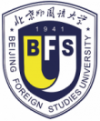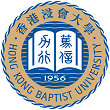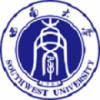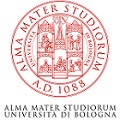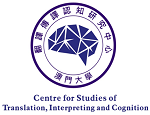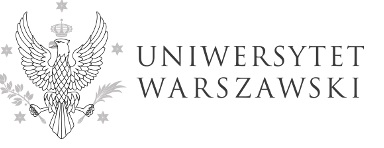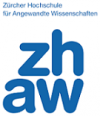The increasing use of language technologies has prompted an interest in their impact on cognitive processes and translation products. Potential issues related to human - machine interactions include working conditions, time and resource management, and emotional factors. Drawing on a large corpus of translation processes collected from professionals and students, we discuss the nature of translation as a cognitive and organizational activity. We argue that professional translators need to take increased ownership of language technology tools at every stage: in their development, their application, and their integration into organizational processes. This has implications for industry standards, models of translation expertise, and translation didactics.




